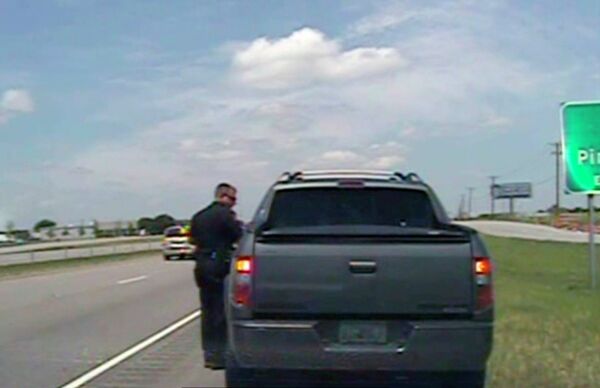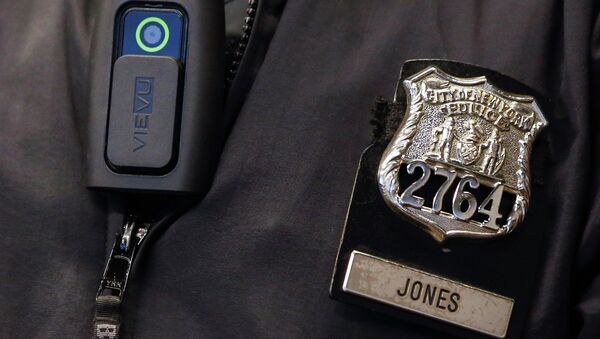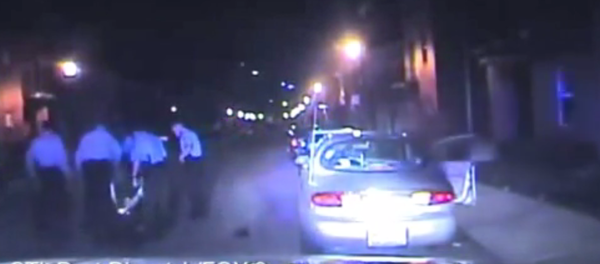The bill, introduced by Sen. Doug Libla (R), posits that all recordings captured by police body, car or aircraft cameras be exempt from the state’s open records. It would also prevent the state from requiring police officers to wear body cameras.
“Any recording captured by a camera, which is capable of recording video or audio…shall not be a public record… [and] shall not be disclosed by a law enforcement agency except upon order of a court in the course of a criminal investigation or prosecution or civil litigation,” Senate Bill No. 331 reads.

Missouri’s Attorney General Chris Koster (D) and Executive Director for Missouri Police Chiefs Association Sheldon Lineback supported the bill, citing privacy concerns.
“Individuals may make mistakes and those mistakes never come off the Internet,” Lineback argued.
Missouri Rep. Galen Higdon has also defended restricting public access to police footage, saying “the chain of evidence needs to be protected.”
But civil rights advocates are none too happy with the proposal.
This legislation is just an “end run around Missouri’s Sunshine Law,” said Sarah Rossi, the director of advocacy and policy for the Missouri’s American Civil Liberties Union (ACLU).
Current Sunshine Laws already allow law enforcement officers to restrict the public from viewing evidence involved in active police investigations, she added.
Others say the bill would create a rift between the public and law enforcement.
“Refusing to release records can only lead to mistrust in law enforcement and a belief that something’s being hidden,” Doug Crews, executive director of the Missouri Press Association, told Missourinet.com.
Missouri's just the latest state to enter into the complicated push-and-pull, between demands for police accountability and privacy concerns. A similar bill was proposed in Minnesota on Thursday, drawing opponents to protest at the state capitol.
The Black Lives Matter movement announced plans for demonstrators to “pack the hearing room,” arguing that keeping the footage away from the public defeats the purpose of wearing body cameras.
"If you spend all of the money that it's gonna take to put cameras on all the officers and then they're the only ones who can see that evidence, it defeats the purpose," said Rochester NAACP president W.C. Jordan.
In December, President Barack Obama requested $263 million in funding for police body cameras and training in the wake of the shooting death of unarmed African-American men Michael Brown and Eric Garner, as part of possible reforms to ease mistrust towards police.
Two weeks later, the NYPD officially launched its body camera pilot program, to hold police accountable for their interactions with citizens, and police departments nationwide have followed suit.
In Rialto, California, a suburb of Los Angeles, the use of force by officers declined 60%, and citizen complaints against police dropped 88% in the first year after cops started wearing body cameras, reported the Wall Street Journal.
The Los Angeles Police Department has a policy whereby body camera footage is considered evidence, and as such it is exempt from California public records law.
LAPD Chief Charlie Beck has said that he feels a “moral prohibition” to protect the footage as well, according to the Los Angeles Times.
“People invite us into their homes on their worst possible day, and I don’t think they invite us with the intention of having that interaction made public,” Beck said. “Families call us when they’re in crisis. Victims call us when they’ve had horrific things done to them by evil people. And to make those things public revictimizes them, doesn’t serve justice. And I don’t think it's the right thing to do.”



